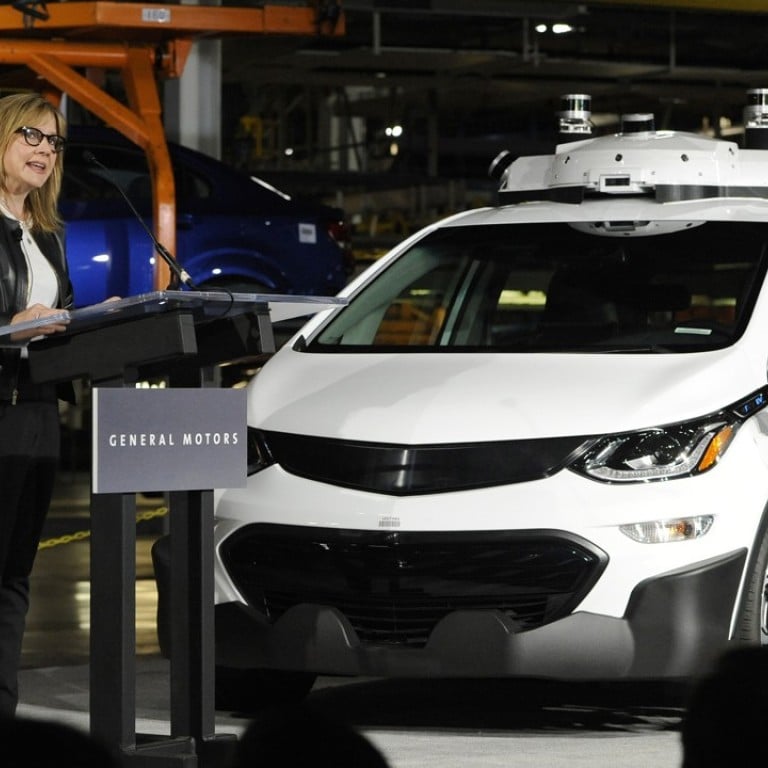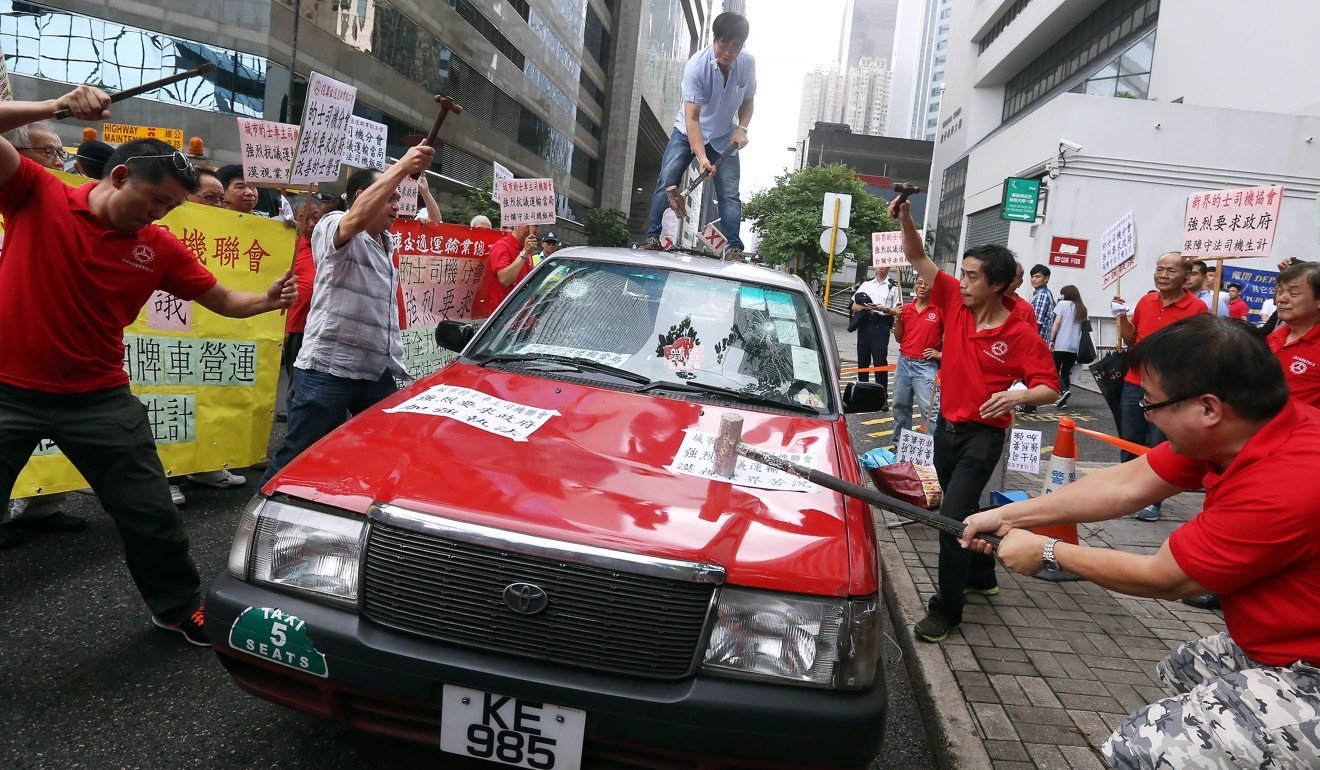
Uber saga shows Hong Kong lawmakers need to get in step with the age of innovation
David S. Lee says Hong Kong’s sometimes myopic regulatory regime, amid the digital transformation of industries and rise of artificial intelligence, is hurting the city’s development as a vibrant start-up hub
The Uber saga is representative of structural flaws in both the enforcement and regulatory regimes in Hong Kong. Such defects raise broader ethical and economic issues that must be considered by those desiring a more innovative, fairer and economically competitive city.
In Hong Kong, deterrence effect is often limited because of who is targeted
A partial answer lies in the fact that deterrence is the main purpose of punishment for many Hong Kong laws. This is not unique, being a well-established purpose in many legal regimes. But, in Hong Kong, that deterrence effect is often limited because of who is targeted.
For example, when police arrest a foreign domestic worker for working illegally, say at a restaurant, that person is usually subject to detention and then deportation, while the restaurant normally faces minimal punishment, if any. As a result, the restaurant is likely to keep employing illegal workers. It is clear that enforcement against both the restaurant and the worker would possibly offer more comprehensive deterrence.

Applying the above to Uber, more effective deterrence would not focus enforcement solely on drivers but also on Uber’s Hong Kong entity. Of course, the pro-business nature of Hong Kong’s laws and how they are enforced can make this difficult in practice. Indeed, Hong Kong is one of the few jurisdictions in the world that allocates voting power to corporate voters through functional constituencies.
There seems to be a sense of half-heartedness when it comes to banning ride-sharing services
Though the arrest of the Uber drivers was valid, based on the letter of the law, there seems to be a sense of half-heartedness when it comes to banning ride-sharing services. Likewise, there is a level of disingenuousness about a company that places those that use its platform in legal jeopardy. The confluence of these factors creates an ethical dilemma that will remain until Hong Kong’s lawmakers adopt a more effective approach to regulating sharing-economy platforms and other innovative technologies.
An unfortunate by-product of the current enforcement regime is that it de facto serves to protect the prevailing cartel structure of Hong Kong’s taxi industry. This point, however, is not to extol Uber. Uber faces a myriad of ethical, legal and leadership challenges, causing CEO Travis Kalanick to take an indefinite leave of absence, after former US attorney general Eric Holder reported the results of his investigation to Uber’s board.
Uber CEO goes on leave and will be stripped of power when he comes back
Uber’s failings aside, its experience in Hong Kong represents a microcosm of the challenges that the city faces in its quest to become a vibrant start-up hub. As a start-up ecosystem, Hong Kong trails counterparts in mainland China as well as regional rivals Japan, Singapore and South Korea. One reason for this is Hong Kong’s sometimes myopic regulatory regime.
In contrast, Japan just passed a law to regulate Airbnb-style lodging services and expects to introduce rules allowing drone delivery of packages in 2020, and self-driving trucks in 2022.
That future is not far off [when] taxi owners are not competing with other drivers, but robots
The disruption to industries like lodging and transport is inevitable, and will continue apace as improvements in artificial intelligence lead to the commercialisation of technology, like autonomous vehicles. That future is not far off and, at that point, taxi owners are not competing with other drivers, but robots. Will the police then arrest 22 self-driving vehicles as part of an undercover operation?
A recent World Economic Forum study predicted that the digital transformation of industries will displace millions of jobs globally. Hong Kong will not be immune to this inevitable wave of change.
Leaders and lawmakers must demonstrate foresight to forestall exacerbating the economic inequality, societal angst and feelings of inequity that already imbue segments of Hong Kong.
The stakes are mortally high, and our leaders require greater awareness of the link between seemingly mundane applications of the law and the broader implications such actions have on Hong Kong’s future.
David S. Lee is a senior lecturer at the University of Hong Kong School of Business

